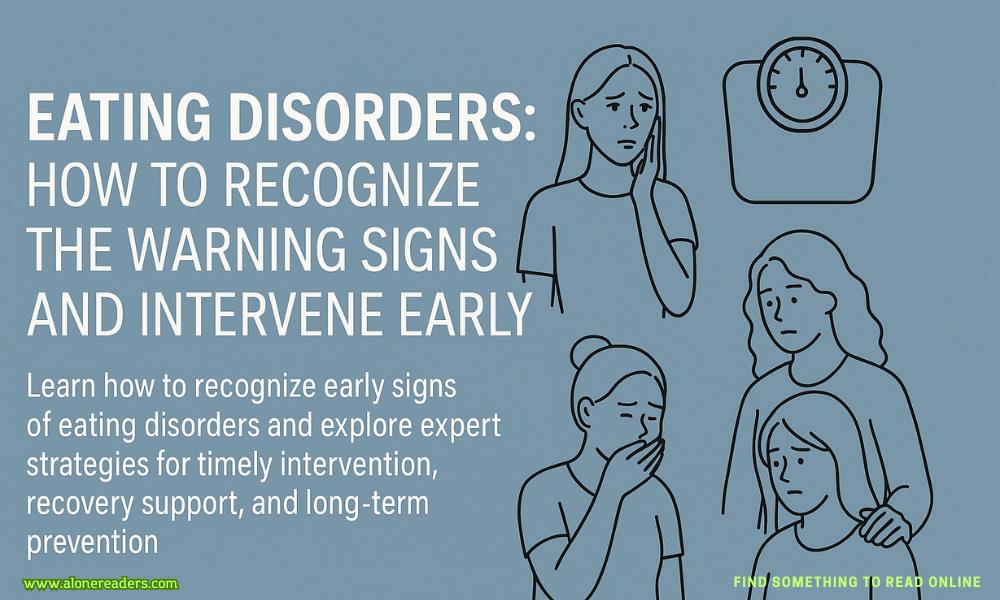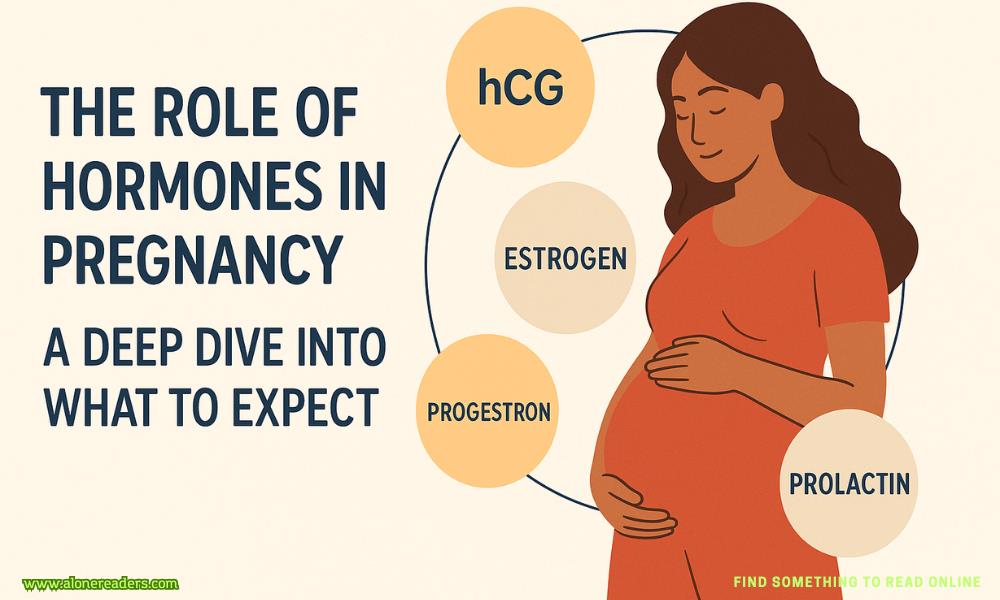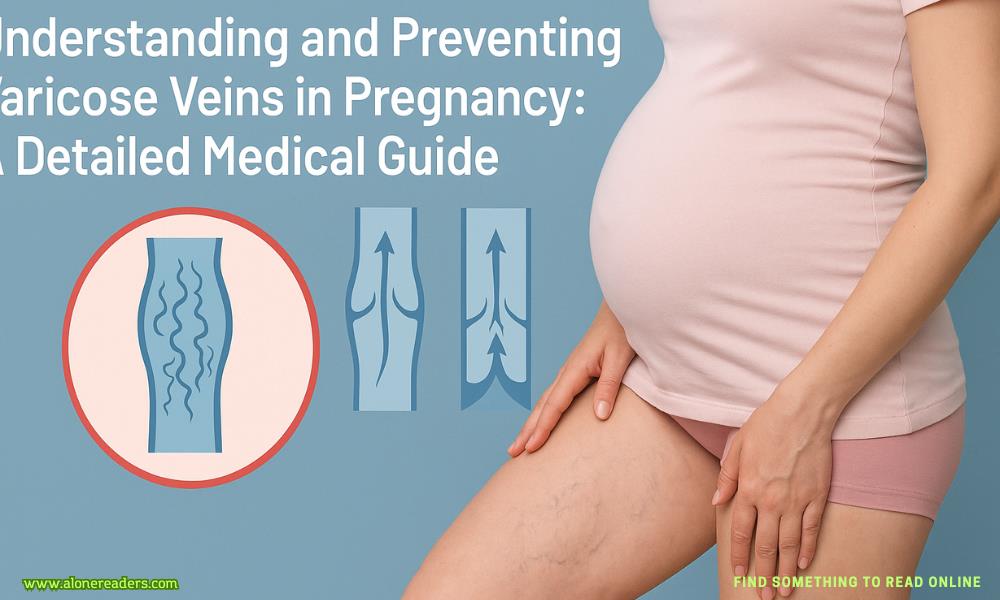Page 53 of The Women at Ocean's End
‘It really comes across on the page that you know them inside out, your passion is…’ He delayed his next words as if praise did not come easily from him. ‘Well, I’m a long time in this business, and I suppose I see so many people who just view these estates as a job, rather than a passion.’
‘Thank you.’ It was a compliment and Heather found herself blushing. It had been too long since anyone told her she’d done a good job. ‘I adore the books. I’ve read quite a few of them at this point and there’s a family connection, so perhaps that makes me more invested.’ Actually, what was making her really invested was the idea that if they could make something of the estate, it might be the saving of Ocean’s End and peace of mind for Constance.
‘So, this is not your job?’
‘Oh no!’ she exclaimed. ‘I’m just here on holiday. I live, well, I lived in London and I’m sort of between things, you might say.’ It was the truth, she had nothing else to do with her time at the moment.
‘Well, if you haven’t already thought about it, you might consider it,’ he said.
‘Consider what?’
‘Working on the estate, you know? These things have a tendency to become monsters if they aren’t managed from the start. Of course, we’ll do our bit here, with contracts and as much as you want, but the most successful estates are managed on the ground as well.’
‘I don’t understand.’
‘Well, you know, you could think about setting up a board of trustees to support the estate. It means making decisions about how to move forward, keeping a second eye on contracts and royalties and any other opportunities that might come our way.’
‘I think that would be a conversation you’d need to have with Constance. Really, as I say, I’m just the bottle-washer,’ she answered.
‘It’s not something that has to be set out immediately, at any rate, but these are conversations that need to be had. We’re talking about a potentially very valuable estate and if, as you say, Constance Macken is of a certain age, then there will be questions on any publisher’s lips as to what happens when she’s no longer here,’ he said. His voice was soft, perhaps he was trying to be delicate, but Heather simply did not want to think about a time when Constance was not shuffling about the kitchen in Ocean’s End.
By the time Constance arrived back from her trip with Ros, Heather felt as if her head was spinning with possibilities for the future of the Maggie Macken estate.
‘Ooh, it sounds very posh when you say it like that,’ Constance said when Heather had relayed the phone call with Wesley.
‘So, what does that mean, a board of trustees?’ Ros asked as she went about potting up some slips she’d taken from the garden earlier in the day. ‘Will Constance have to give her rights over to people she hardly knows?’
‘No, not at all. It’s up to Constance to decide what it is she wants to do, but Wesley’s point was that there will be quite a bit to manage on the ground in terms of royalties and contracts and making decisions about the future of the Maggie Macken brand. He thinks a good publisher will want to see that there’s long-term continuity when it comes to managing the whole thing.’
‘What she means is, Ros, I’m a little old lady and I won’t be around forever.’
‘Stop it, Constance, don’t say that,’ Ros said softly.
‘Sorry, Constance, but yes, that’s sort of what he was saying. For a publisher, especially if they offer a big advance, this is business. It’s about investing in something with an eye on the return.’
‘For us too, though,’ Constance said thoughtfully. Then she looked from one to the other. ‘Oh, come on now, we all know I’ve had a good innings, but I won’t be here forever. My mother, on the other hand, her work could go on for decades yet, for generations, and that’s what she always wanted. Isn’t it what we all want?’
‘I suppose,’ Ros said begrudgingly, as if the having of one meant the sacrificing of the other.
‘I for one would sleep a lot more soundly knowing that everything was sorted out once and for all.’ Constance smiled at Ros and then turned her attention to Heather. ‘Let’s get the ball rolling, shall we?’
35
Ros
Ros headed back up to the cottage after her walk, taking the long way round so she could enjoy the evening sun glittering on the incoming tide. She halted abruptly when she spotted a huge billy goat standing on top of the old dolmen at Riley’s Hinge. It took a moment to figure out what she was looking at, the goat in profile struck such an arresting sight. Then, one after another, more goats came into sight, until there were six she could make out. The falling sun, a glowing sky, the whisper of something approaching a breeze through the long grass and the image of that huge goat would stay in her memory for a very long time. She was officially, she decided at that moment, not just a fan of dear George, but of every single wild Irish goat that lived on the island.
When she eventually pushed the back door into the cottage, she decided she might as well get the worst over with. She emailed the HR department and told them she would be very interested in filling the maternity leave on the mainland if it was still available. She wasn’t enthusiastic about it, but at least it was something. She could push it from her mind for the remainder of her time here on the island. Once the email was sent, she sat back on the lumpy two-seater sofa that was her favourite place to curl up in the cottage. She flicked down through the other emails and began to delete what she could identify as spam. It was a way to pass the time, to not actually have to think about somehowfitting herself into an office job and starting over again. She was just about to delete a message from the Goat Society when she realised it might not actually be spam. She’d never heard of them, but what harm would it do to open an email? The Parks and Wildlife Service cyber-security systems were surely robust enough to cope with someone whose photo identifier looked like George in a summer hat.
She scanned through the email quickly, expecting it to be some demand for cash for a refuge in some country where goats were more plentiful than people. She read it a second time. And a third. The email was not a request for money, instead it was offering a grant to put in place three goat herders in Ireland to work with the society and manage goat herds in areas of conservation. She must have read that email six times before she looked up the links at the bottom of it and each of them, from LinkedIn to Instagram, seemed to be authentic, although, Ros reminded herself, she was certainly no expert.
Expert or not, she had nothing to lose. She downloaded the application form for funding and a forty-page booklet about the work of the goat herder and the priorities and objectives of the society.
In short, from what she could see, the idea behind the scheme was twofold. First, to increase awareness about the wild Irish goat and preserve the habitat to protect it in its native environment. The second objective was to allow the goats to go about their business in a way that was environmentally positive. In other words, the goat herder would be responsible for making sure that they grazed in areas that would otherwise be at risk of summer fires, so it would be up to the goats to keep down things that were especially flammable during the hot months of summer, thereby assisting the natural ecosystem to thrive. It turned out that goats had only become a pest in the eyes of thefarmer because they had been lured to the sweeter and naturally easier to graze ground of cleared-back land.
Ros sat back on the sofa and the idea tickled her. Jonah Ashe would love this; the notion that someone would be paid to manage the local goat population and save him the hard work of mending fences quite so regularly.
She scanned down through the paperwork once more. They’d need a local management committee if they were going to draw down the funding, but that wouldn’t be a problem, she could imagine plenty of the local farmers would be enthusiastic about the idea, and they were offering a decent annual salary to the person employed as the goat herder.
- Daddy's Dirty Little Secret by Sofia T. Summers
- Sofa King Safe by Alexa Riley
- A Touch of Fate by Cora Reilly
- Mercy by Elizabeth Knox
- Veiled Vows by Ajme Williams
- Bending Over for My Tw!n by J. Snow
- Double Mountain Men by S.E. Law
- Fierce Vows by Jade Marshall
- Snowed in with the Mafia by Chloe Kent
- Claimed By a Knight by Lena Little
- Choke by Mila Crawford
- Stolen Princess's Secret by Kelly Hunter
- Wicked Games by Willow Dixon
- All Jacked Up by Abbi Glines
- Scatter the Bones by Autumn Jones Lake
- Need You to Choose Me by B. Celeste







